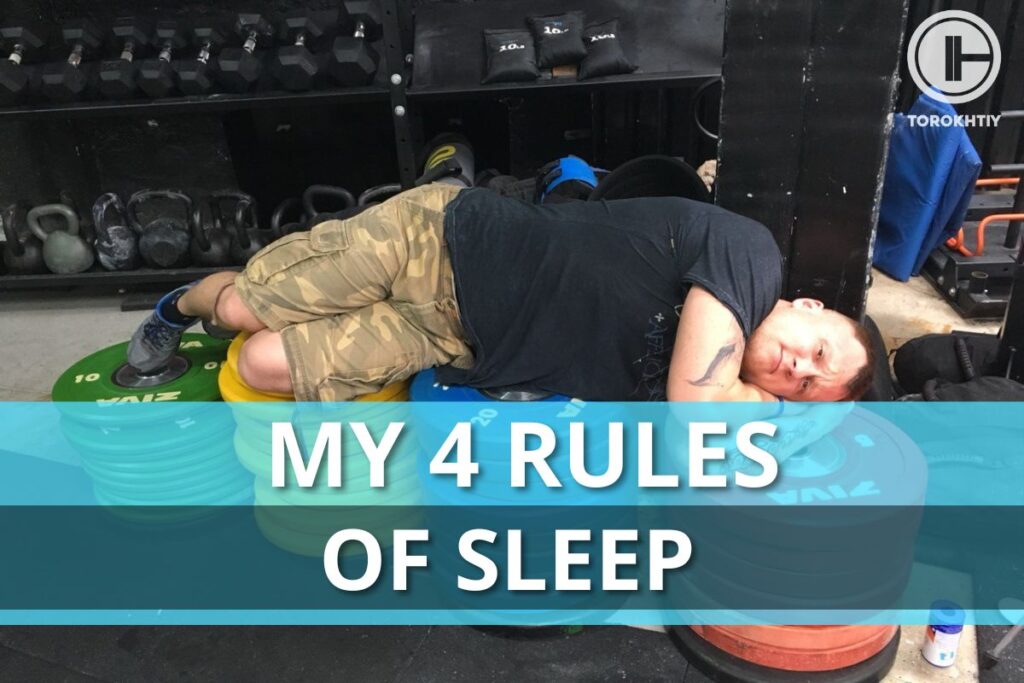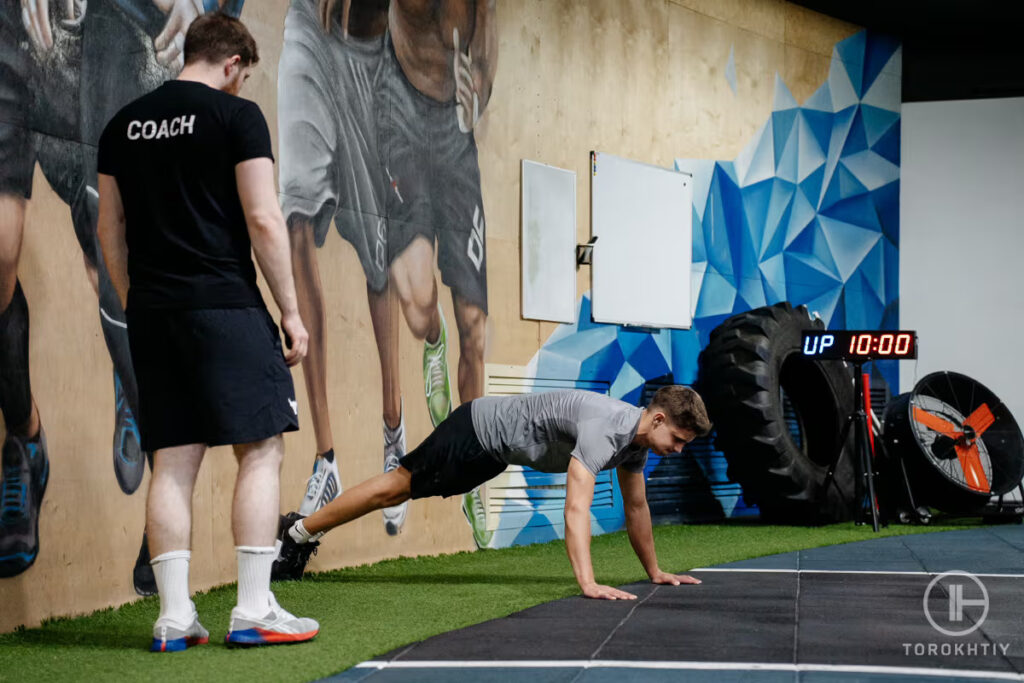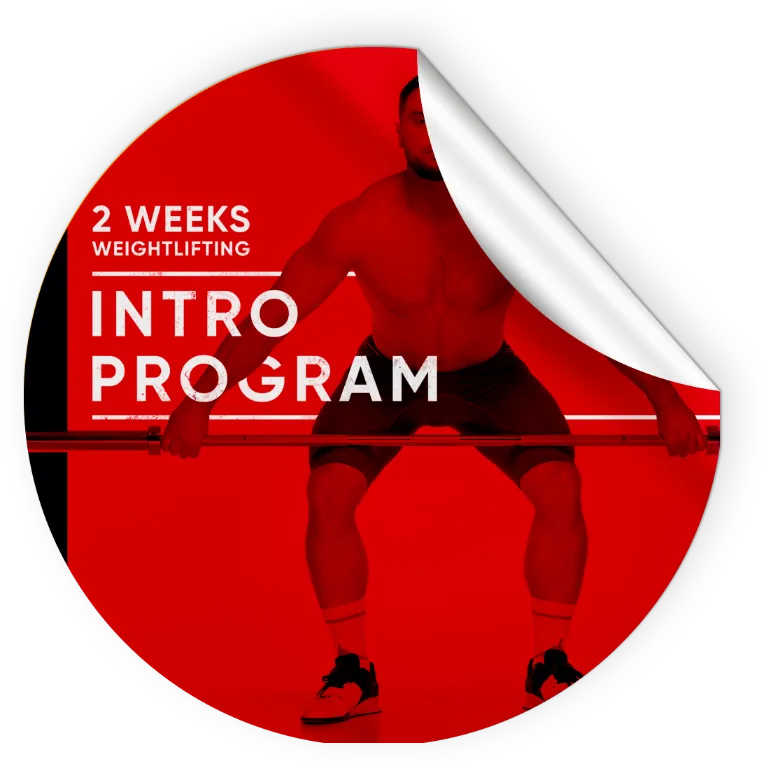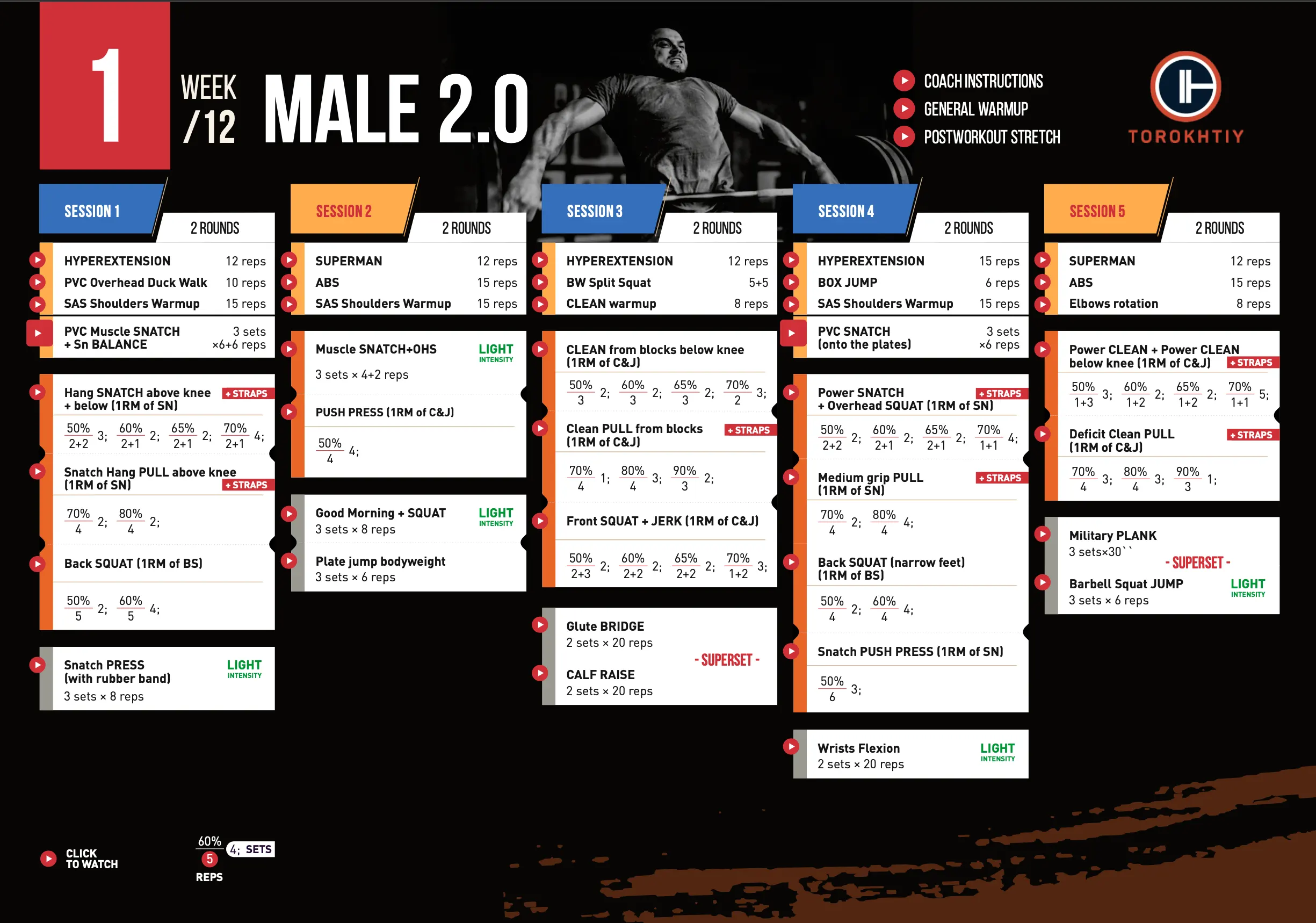My 4 Rules of Sleep
Author:
Unlock your full potential by engaging with our experts and community! Have questions about your fitness journey or looking for expert advice on weightlifting techniques? Don’t hesitate — leave a comment below and Sergii Putsov will provide a personalized answer and insights to help you reach your goals.
Torokhtiy is reader-supported. Some links are affiliate links, and we may earn a commission at no extra cost to you. See our disclosure page for details.

This article also available as audio. Check this out!
Subscribe and listen it anywhere:
High-quality and sufficient sleep is one of the key components of an athlete’s health. I have several rules that I was following for years, especially when I competed at the most high-level championships, including Olympic Games. These rules helped me progress, recover, and collect medals. I would definitely fail to train effectively as well as stay healthy without them. Find more details on sleep and muscle growth in the article.
Athletes often care only about what to do after a workout to build muscle, but remember that high-quality and sufficient sleep is one of the key components of a lifter’s health as well. The quality and amount of it influences training and recovery as well as mood, body composition, hunger, and even craving for particular foods.
You may like it:
- Detailed Olympic Weightlifting Program For Beginners
- 12-Week Weightlifting Program For Women (Detailed Example)
- Create Your Olympic Weightlifting Program (Examples Included)
RULE #1: No Training Less Than 3 Hours Before Sleep

Our biorhythms regulate all chemicals and hormones that define our physical, emotional, and mental activity. They also determine the daily load that we can cope with without overstraining ourselves.
As it gets dark, our body produces the hormone melatonin, which influences the quality and duration of sleep. And we have to create conducive conditions for our body to sleep soundly and sufficiently. In this way, we recover after training properly and feel good throughout the whole day.
Follow us!

Free!
Get a 2-week Weightlifting Program as a bonus for the subscription to kickstart your training plan!

Free!
By the way, melatonin can also regulate the concentration of the growth hormone and cortisol (stress hormone). Lifting weights at night keeps the level of the latter high and doesn’t let the growth hormone work effectively. It can even cause insomnia, which is devastating for overall health, recovery, and sport results.
Moreover, we need some time to return to our usual level of endorphins and temperature to sleep after exercise well. While we are getting ready for bed, our body cools down along with the pulse and brain waves slowing up. But strength training before bed increases the body temperature, speeds up the heart beating, and simply stimulates all processes, hindering our sleep. Thus, experts have been always speaking against weight lifting before bed.
RULE #2: Switch Your Cell Phone to a Night Mode 30 Minutes Before Sleep

Switch your phone to ‘yellow light’ or to a low power mode and get rid of all other sources of light in a room 30 minutes before sleep. Otherwise, it is far more difficult to bed down because melatonin is very sensitive to bright lightning.
Our body is such an interesting and complicated thing. A source of blue light around may delay the production of melatonin for a few hours. We can miss the point when we can fall asleep quickly and soundly and, therefore, roll over in bed for a couple of hours. Yellow light can also shift the peak concentration of melatonin, yet, not as much as the blue one.
RULE #3: Mind the Duration of Sleep

If you are 18 to 64 years old, you should sleep for 7 to 9 hours. It is crucial for proper body functioning and strong health. If you fail to do that, it can cause cardiovascular diseases and premature aging. Also, sleep insufficiency puts you at risk of obesity.
If you care not only about health but also sport longevity and body composition – more muscles, less fat – I recommend at least 7 hours of sleep every day.
RULE #4: Mind What You Eat Before Sleep

Melatonin can be also produced in the bowel from its predecessor – the amino acid tryptophan, which is found in proteins. Yet, it is important not to overeat right before sleep as it may hinder this process.
In order to avoid sleep disorders connected with food, try not to eat late and cut down on very fat or spicy food. And, of course, no caffeine before sleep as its stimulating effect fades away only after a few hours and can interfere with sleep. For some people, even an afternoon coffee can turn out to be a problem.
Generally, the deficit of sleep and its low quality (difficulty falling asleep, restless sleep, awakening in the middle of the night) are a bad influence on sport results. Many athletes don’t understand how important is sleep for muscle growth. But they better take it seriously since poor sleep often stops you from desired progress in the weightlifting.
You might be interested in:
Why Trust Us?
With over 20 years in Olympic weightlifting, strength training, nutrition coaching, and general fitness our team does its best to provide the audience with ultimate support and meet the needs and requirements of advanced athletes and professional lifters, as well as people who strive to open new opportunities and develop their physical capabilities with us.
By trusting the recommendations of our certified experts in coaching, nutrition, and sports training programming, as well as scientific consultants, and physiotherapists, we provide you with thorough, well-considered, and scientifically proven content. All the information given in the articles concerning workout programming, separate exercises, and athletic performance, in general, is based on verified data.
The product testing process is described in more detail here.
Author: Sergii Putsov
Head of Sport Science, PhD
Best Results: Snatch – 165 kg,
C&J – 200 kg
Sergii Putsov, Ph.D., is a former professional weightlifter and National team member, achieving multiple medals in the 94 kg weight category at national competitions. With a Master’s degree in “Olympic & Professional Sport Training” and a Sport Science Ph.D. from the International Olympic Academy, Greece, Sergii now leads as the Head of Sport Science. He specializes in designing training programs, writing insightful blog articles, providing live commentary at international weightlifting events, and conducting educational seminars worldwide alongside Olympic weightlifting expert Oleksiy Torokhtiy.









Still have questions after reading our article? Unlock your full potential by engaging with our experts and community! Don’t hesitate — leave a comment below and Sergii Putsov will provide a personalized answer and insights to help you reach your goals.